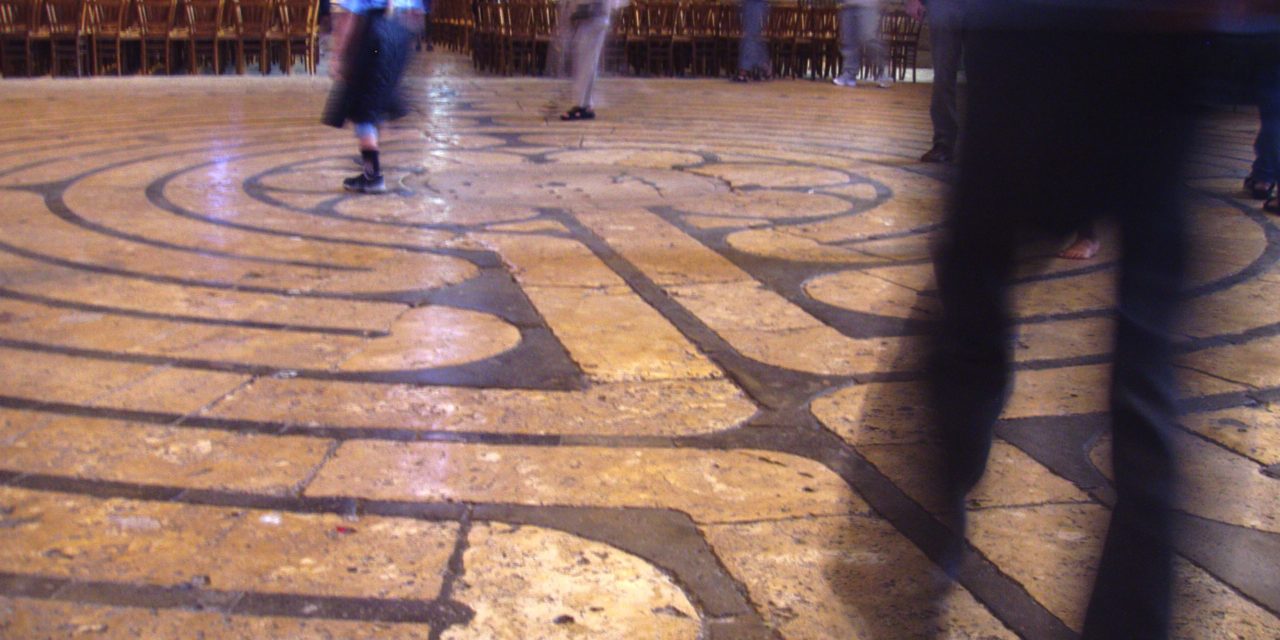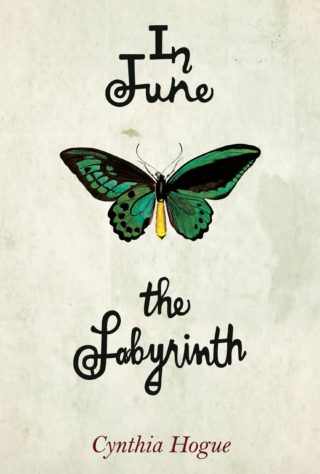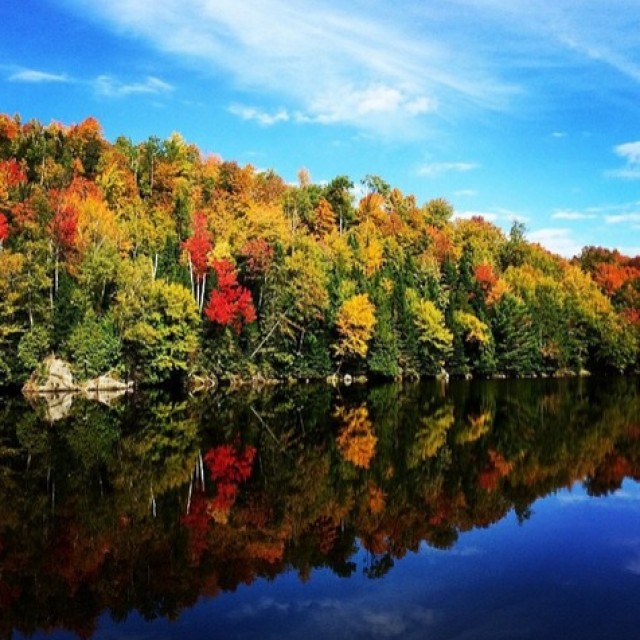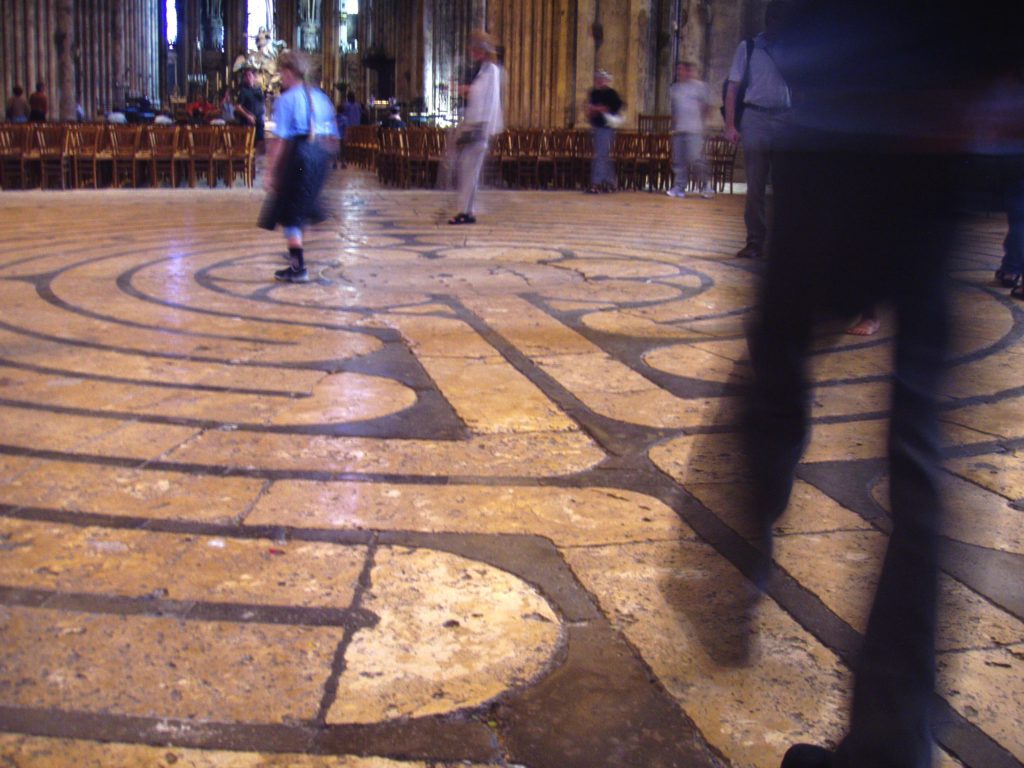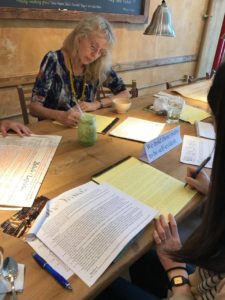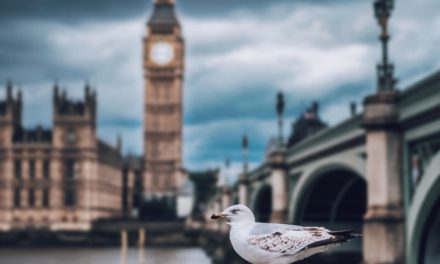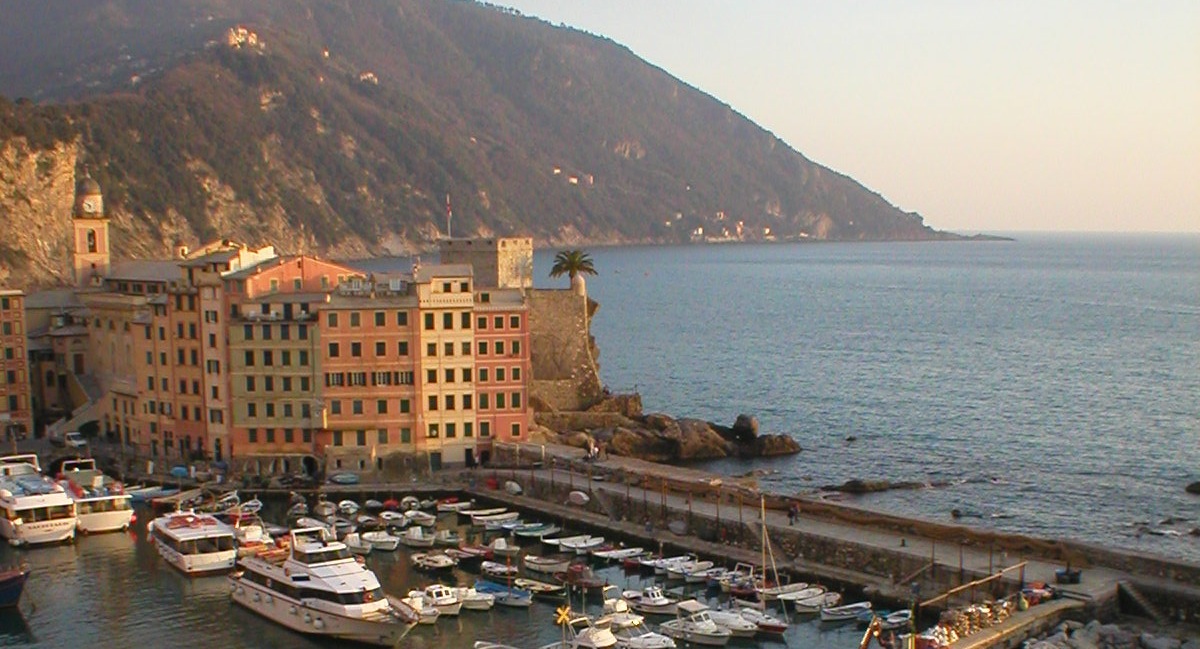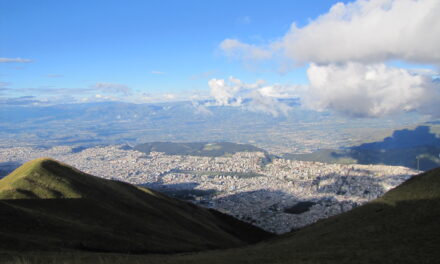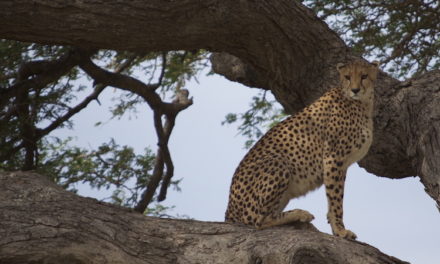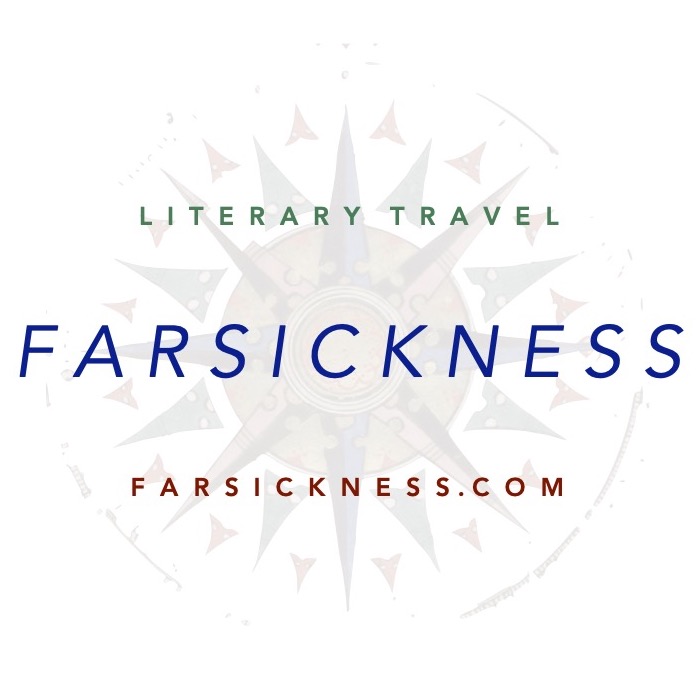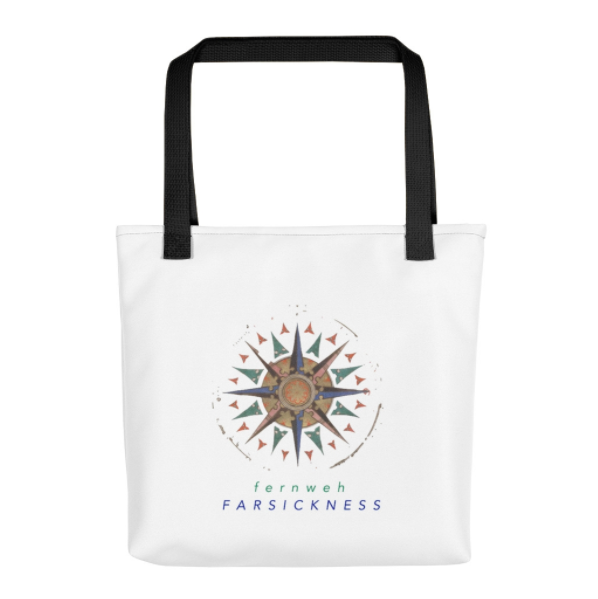Four Questions on Farsickness is an interview series with creative writers for whom place is essential to their work. Each writer answers the same four questions—and featured here is poet Cynthia Hogue, whose ninth collection, In June the Labyrinth, was recently published.
Share a little about where you’re from. When you were growing up, what place—real or imagined—most fascinated you, and why?
I’m from the Midwest, but raised in upstate New York, and it’s that landscape of the Adirondacks that I long for, on some level always, although I’ve lived in the west now off and on for almost 30 years. Forests and lakes populate my early poetry because we summered and then lived on a lake in the woods. I would track the seasons, each of which I loved for different reasons. That landscape, any season, was and sometimes still is my inspiration. Lakes and trees were my “triggering town.”
What travel has been a particular inspiration to your work?
The way I write is to connect to the land and landscape I’m visiting, if I have a chance to stay there long enough to bond with the nature as well as the people of the place. So, when I lived in Iceland I wrote often of the sea and mountains and the folktales of the north. I spent enough time in Arizona and New Mexico to connect to the power of those landscapes, especially New Mexico, in the north, where I had a number of mystical experiences. For the past twenty years, I have gone every year to France, and after a very intense period of personal loss, I began to make pilgrimages to some of the sacred sites like Chartres Cathedral in the Touraine region and the Abbey at Conques in Aquitaine region (the Cathar region). I began by walking the great labyrinth of Chartres (one of the few in France that survived the Revolution) as meditation and prayer. I also discovered that the Cathedral has a Black Madonna, which is, aptly, below in the Crypt, very ancient. The three year process of grieving resulted in my last collection, In June the Labyrinth, which loosely follows the narrative structure of a mourning quest.
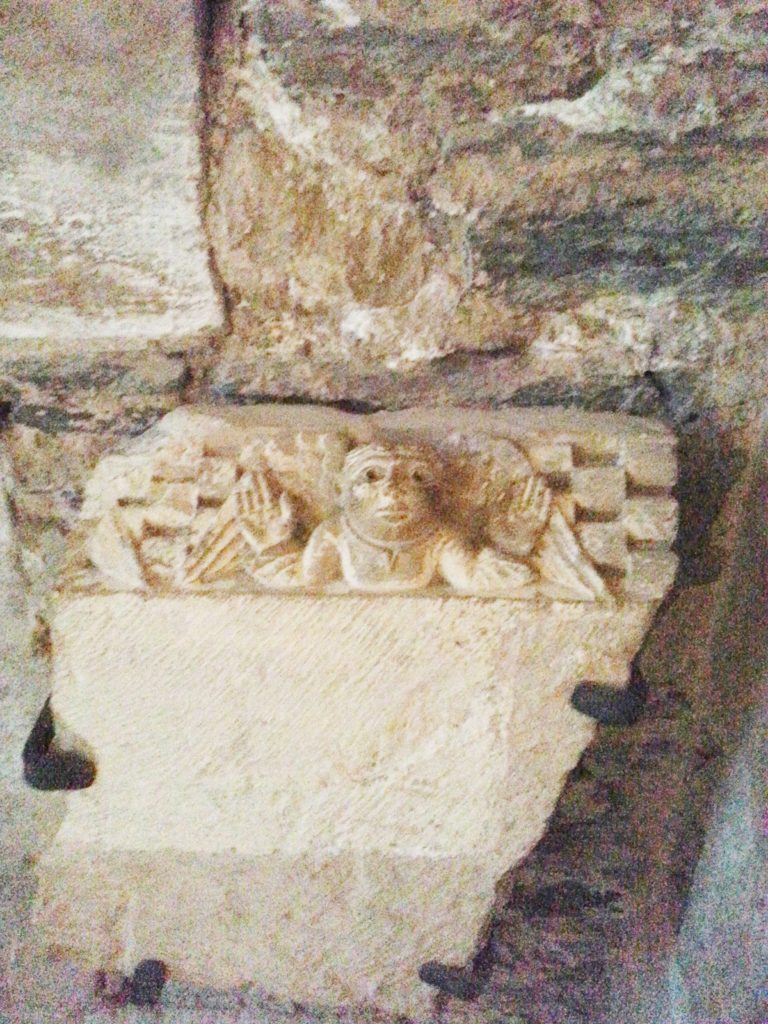
an 11th c. frieze fragment of an angel in the Abbey of St. Foi in Conques, Aquitaine (© Sylvain Gallais)
Where do you “escape to” to recharge creativity?
I will go to the woods, preferably for a time in the woods of my childhood in upstate New York, but I have also found that Santa Fe and Taos, New Mexico—with their wonderful mix of pristine mountains and mystic vortices—recharge me. I had a residency in my grandmother’s hometown in the Midwest and was able to connect to those small town (and very Swedish) roots in Red Wing, Minnesota. I would wander around the town and think of my grandmother and her family, since the town hasn’t changed much. This stay was just two years ago, but after years of very stressful work, and I recharged, I started a new writing project, and to my surprise, I reconnected with joy.
Where would you most like to travel to next?
I don’t feel right now the urge to seek out new places I haven’t seen, but rather wish to return to those places with which I’ve deeply connected in my life. I don’t know what I’ll do first, but I dreamed this summer of returning to Taos, and I imagined taking a trip up the coast of California during the whale migrations. I’ve thought of doing that for several years, but for one reason or another, haven’t. Now, after this horrific summer, which isn’t at all over for California, I imagine that if I make this journey with my husband, it will be a pilgrimage and homage of sorts to the state that has suffered the most this summer. I love California in perhaps more shallow ways than the other places I’ve mentioned, since I haven’t spent as much time there, but each time, I’ve loved its beauty, especially the different feel of northern and southern California. I imagine I’m not alone in despairing the harm to its earth, its flora and fauna, and its people. It makes me long for the feeling of arriving there so many years ago, when all seemed so well, everything before me, no path yet overgrown, all possible.
Cynthia Hogue has lived in Iceland, Denmark, and France, in addition to New York, New Orleans, Oakland, and Phoenix. She has published fourteen books, including nine collections of poetry, most recently Revenance (2014) and In June the Labyrinth (2017). Her book-length co-translations from French include Fortino Sámano (The overflowing of the poem), by Virginie Lalucq and Jean-Luc Nancy, and Joan Darc, by Nathalie Quintane (2017). Among Hogue’s honors are NEA fellowships in poetry and translation, the Harold Morton Landon Translation Award from the Academy of American Poets, and residency fellowships from the MacDowell Colony, the Anderson Center, and the Santa Fe Art Institute. Hogue directed the Stadler Center for Poetry at Bucknell University for eight years, after which she held the Maxine and Jonathan Marshall Chair in Modern and Contemporary Poetry at Arizona State University (2003-2017), where she is now Professor Emerita. Visit her website at cynthiahogue.com.

